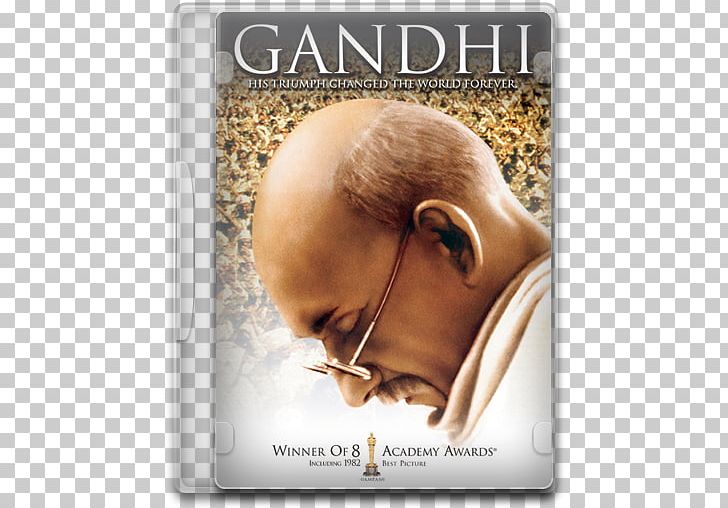This is the first week of summer term. We introduce ourselves, we watch the 1982 Gandhi film with Ben Kingsley, and we read the first 12 pages of A Force More Powerful by Peter Ackerman and Jack DuVall. Students post at least a half thousand words on either or both.

Now is when I like to try to set the outer rails on the wide path to success in my course for all students. So, I am as clear and frank as I can be, for better or worse. I can think of no more important field of study and I keep trying to get my teaching right after all these decades. This is my effort today, in this term.
To help them think about how to approach learning and theoretically applying what we learn:
Happy Thursday, as we close in on the last days of Week 1. The weeks are a bit busier in the summer, as we stick 11 weeks of material into just 8 weeks.
I regard our challenge in the field of Nonviolence to be to construct hypotheticals informed by history and creative thinking.
By this I mean that the challenge as I see it, academically, is to ask of any conflict scenario, "How can this be at least hypothetically be resolved using only nonviolent methods?"
Constructing that nonviolent path in our minds is fed by three streams: our understanding of nonviolent theory, our grasp of the contours of nonviolent campaigns that have succeeded historically, and finally, by our imagination. Knowledge of the theory and history is crucial, but not often enough under the most trying circumstances. Einstein, who had plenty of knowledge, said that, "Imagination is more important than knowledge." We need it all if we are going to transform our bleeding, sometimes very unjust world.
So! In our course, we have free speech, but we only get academic credit for applying these three streams to our arguments. Since reading my posts is required, I know you are all now cracking my brain and will earn excellent grades!
My first response to their responses to the film (which included a worry that the Gandhi film was inaccurate in that Gandhi seemed too calm and reasonable almost all the time, and that some random writer had called Gandhi a "manipulator") and the reading (which was really well done):
Very good posts to begin, with some good challenges.
Excellent close read of the Ackerman and DuVall introduction, with astute and inquisitive observations. You extracted a great deal from the short read. I do want to note that in our text, the authors bracket the stories with the intro and conclusion, in which you find short but powerful bursts of theory. The stories are really the data, only written in lively page-turning style. It's the best Intro to Nonviolence text I've ever found and its findings have held as empirical and case study research has poured in ever since. I'm glad you made the note of the connections between code of conduct, ethical standards, and strategy. It is absolutely key.
The Gandhi film is actually quite accurate, historically, though I agree that Ben Kingsley's portrayal may be more saintly than Gandhi actually was. Indeed, this course doesn't rely on Gandhi's personality in any way and if that is any problem in the film, it's pretty much irrelevant. What I love is the critique that Gandhi was "a manipulator." Um, yeah...that was his role, if he wanted to liberate India. Manipulate people by telling the truth. Manipulate social forces by revealing to them that they have power. But the film, long as it is, didn't cover a great deal of even more profoundly positive aspects of Gandhi's life.
For example, the film starts and ends with his assassination and never explains much the motives of the assassin and his confederates. I would analogize them very roughly in our modern context to the man who sent pipe bombs to Democrats, liberal celebrities, etc., or to the mass shooter in Christchurch, New Zealand, or the mass shooter in 2017 at the mosque in Quebec City. It was a hate crime, done by a Hindu nationalist who was enraged that Gandhi expressed love for Muslims. Gandhi was "manipulating" the new liberated Indian government to make reparations to Muslims for what had been done to them in the split of India from Pakistan and in the bicommunal violence of the greatest refugee flow in human history. Hindu nationalists--still active and still memorializing Gandhi's assassin to this day--hated Gandhi for his attempts at justice, at forgiveness, and reconciliation. So these Hindu nationalists still traduce Gandhi's memory and engage in serious manipulation of the facts.
Was Gandhi a perfect saint? Nope. Was anyone, ever? Do we throw out decades of astonishing accomplishments that have changed human history for the better because we find a flaw in his personality? If so, the world has no one worth emulating and never has. I hope we aren't that cynical.



